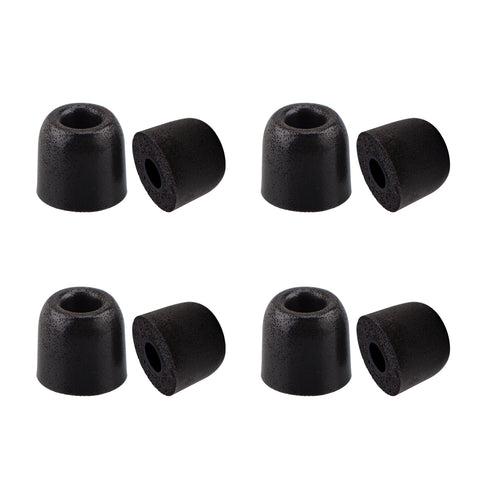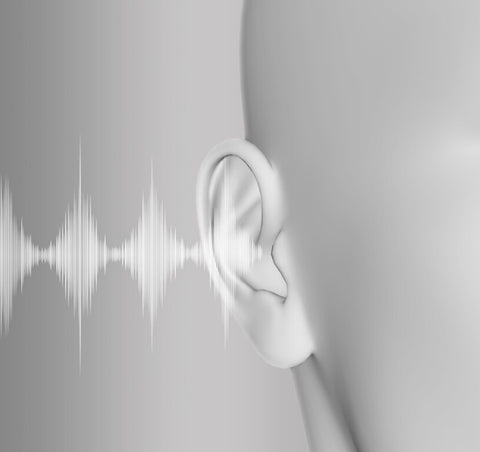How to protect your ear when you use in-ear monitor?
Choose High-Quality In-Ear Monitors:
Invest in high-quality in-ear monitors that provide clear sound at lower volumes. Cheap or poorly designed monitors may not deliver accurate sound, leading you to turn up the volume to compensate.
Use Custom-Fit Ear Tips:
Consider getting custom-molded ear tips that fit the contours of your ears. This ensures a proper seal, which not only enhances sound quality but also helps in reducing ambient noise. A good seal allows you to listen at lower volumes while maintaining audio clarity.

Limit Volume Levels:
Avoid listening at excessively high volume levels. Prolonged exposure to loud sounds can cause hearing damage. Follow the 60/60 rule: listen at no more than 60% of the maximum volume for no more than 60 minutes at a time.
Take Breaks:
Give your ears periodic breaks to rest and recover. Continuous exposure to loud music, even at moderate volumes, can contribute to fatigue and potential hearing damage.
Use Noise Isolation:
If your in-ear monitors don't provide sufficient noise isolation, consider using external noise-isolating devices (such as earmuffs or noise-canceling headphones) to reduce the need for high volumes.
Clean Your In-Ear Monitors:
Regularly clean your in-ear monitors to prevent the buildup of earwax and debris. A clean listening environment can enhance sound quality and maintain a proper seal.
Monitor Your Hearing:
Be attentive to any signs of hearing loss, such as ringing in the ears (tinnitus) or muffled sounds. If you notice any issues, give your ears time to recover and consider consulting with an audiologist.

Choose Quality Audio Sources:
Use high-quality audio sources to ensure that you are getting the best possible sound without having to crank up the volume.
Educate Yourself:
Learn about the potential risks of prolonged exposure to loud sounds and understand how hearing damage can occur. Being informed can help you make better decisions to protect your hearing.
Consult with Professionals:
If you are a professional musician or frequently use in-ear monitors, consider consulting with an audiologist or hearing specialist. They can provide personalized advice and monitor your hearing health over time.
Remember that protecting your hearing is crucial, and implementing these practices can help ensure a long and healthy relationship with music and audio without compromising your ability to hear.
